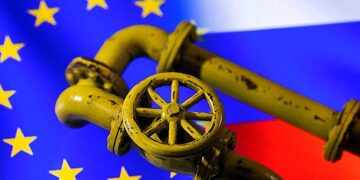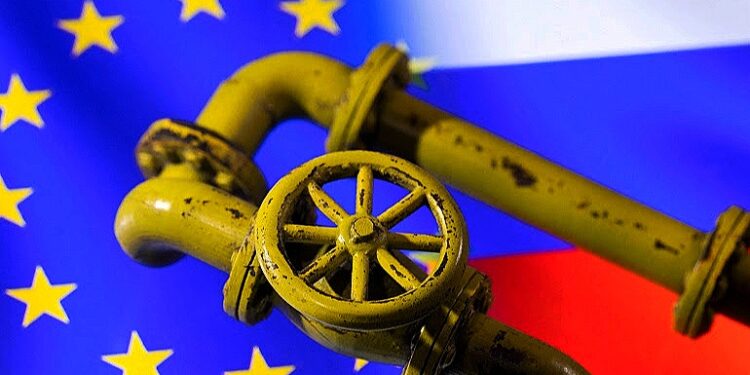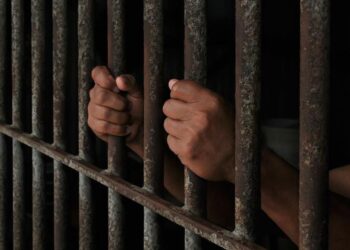By John Ikani
Russia has reopened the Nord Stream 1 gas pipeline after 10 days of stopping critical supplies to Europe through Germany, amid concerns that Moscow would use its vast energy exports to push back against Western pressure over its invasion of Ukraine.
Supplies via Nord Stream 1, which runs under the Baltic Sea to Germany, were halted for maintenance on July 11 but, even before that outage, flows had been cut to 40% of the pipeline’s capacity in a dispute prompted by Russia’s invasion of Ukraine.
Thursday’s flows were back at that 40% capacity level, Nord Stream figures showed.
The supply disruptions have hampered European efforts to refill gas storage for winter, raising the risk of rationing and another hit to fragile economic growth if Moscow further limits flows in retaliation for Western sanctions over war in Ukraine.
Germany, and the EU more broadly, have been dependent on Russian fossil fuels for years and there has been a broad-based attempt to reverse this in the wake of Moscow’s invasion of Ukraine. Since March, the EU has negotiated new gas deals with the United States and Azerbaijan, and has held talks with Israel and Qatar.
Speaking Wednesday, Ursula von der Leyen, European Commission president, said Russia was blackmailing Europe and using energy as a weapon. Russia has repeatedly denied it is weaponizing fossil fuel supplies.
The Russian president, Vladimir Putin, has played hot and cold in recent days in his threats to cut off gas deliveries to the bloc of 27 members, but Brussels is asking EU countries to prepare for the worst.
To try to prevent a winter supply crunch, the European Commission has proposed a voluntary target for all EU states to cut gas use by 15% from August to March compared to usage in same period of 2016-2021. The Commission proposal would enable Brussels to make the target mandatory in a supply emergency.




































